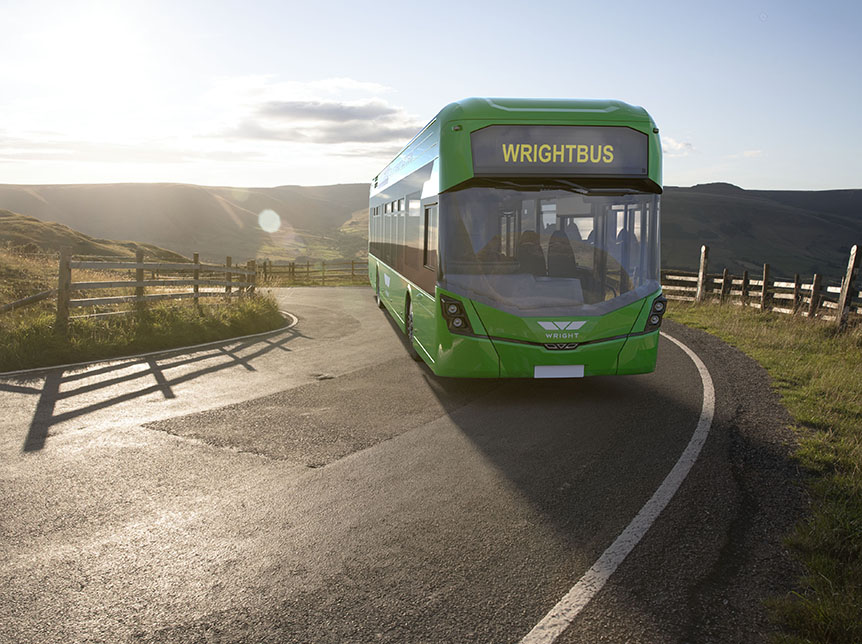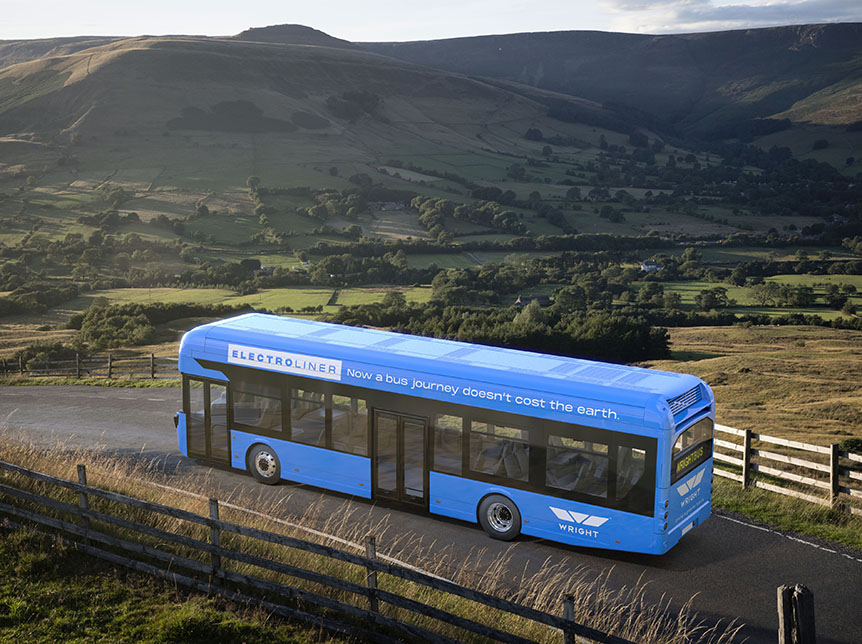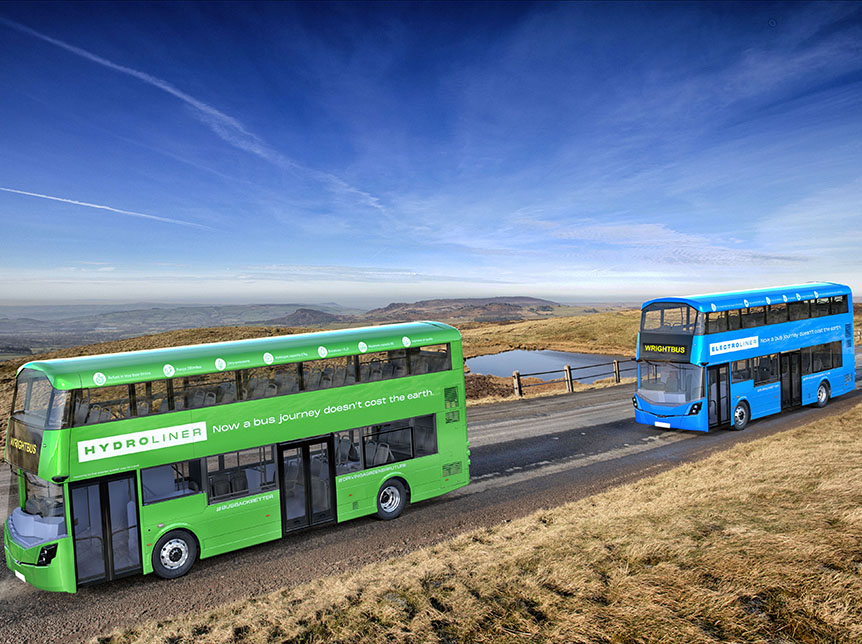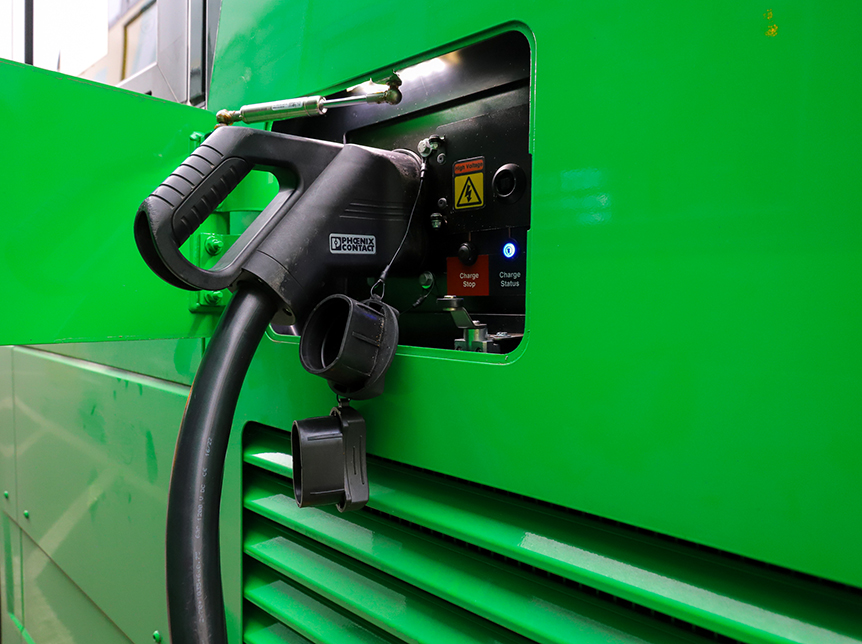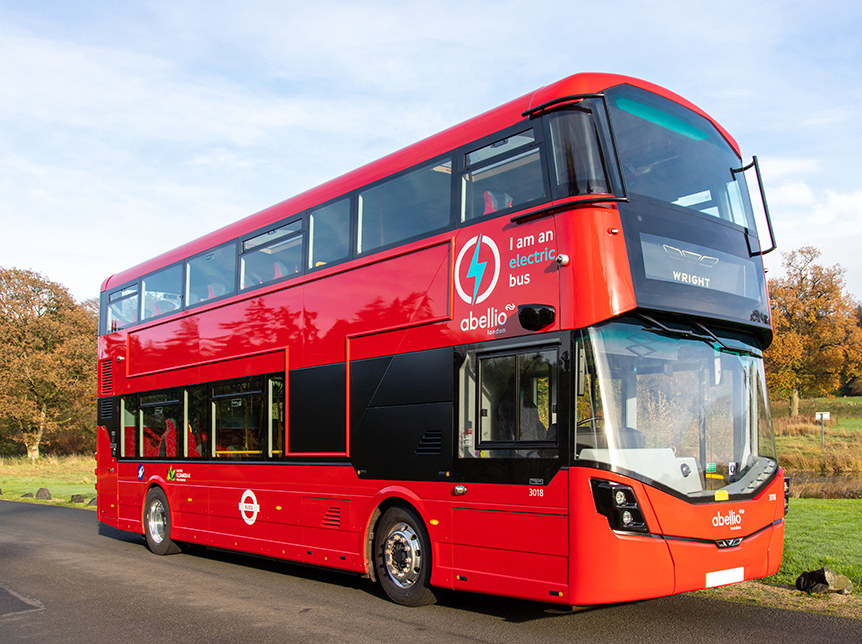
Electric buses are vehicles that use electric motors powered by batteries, instead of internal combustion engines that run on gasoline or diesel fuel. They are becoming increasingly popular as cities and governments look for ways to reduce carbon emissions and improve air quality. Here is a brief guide on electric buses:
Types of Electric Buses:
Battery-Electric Buses: Battery-electric buses use rechargeable batteries to power the electric motor, and can have a range of up to several hundred miles on a single charge. They are charged through a charging station or plug, similar to how electric cars are charged.
Plug-In Hybrid Electric Buses: Plug-in hybrid electric buses use both a battery and a small internal combustion engine to extend their range. The batteries are charged by plugging into an electrical outlet or charging station, and the engine is used to extend the range once the batteries are depleted.
Fuel Cell Electric Buses: Fuel cell electric buses use hydrogen fuel cells to generate electricity to power the electric motor. They emit only water vapor and have a longer range than battery-electric buses. They are refueled with compressed hydrogen gas, similar to how gasoline or diesel buses are fueled.
How Electric Buses Work:
Electric buses work by using an electric motor powered by batteries. The batteries are charged by plugging into a charging station, and the bus can run for several hours on a single charge. The electric motor is very efficient, providing smooth acceleration and a quiet ride. Regenerative braking is used to help recharge the batteries, by converting the kinetic energy of the bus back into electrical energy during braking.
Advantages of Electric Buses:
Zero Emissions: Electric buses produce zero emissions, which can help reduce air pollution and improve air quality in urban areas.
Lower Operating Costs: Electric buses have lower operating costs than diesel or gasoline buses, since they require less maintenance and have lower fuel costs.
Quiet Operation: Electric vehicles are very quiet, which can help reduce noise pollution in urban areas.
Sustainability: By using electricity from renewable sources such as wind or solar power, electric buses can help reduce reliance on fossil fuels.
Improved Passenger Experience: Electric buses provide a smooth and quiet ride, which can improve the passenger experience and make public transportation more attractive to commuters.
Overall, electric vehicles are a promising technology for reducing carbon emissions and improving air quality in urban areas, while also offering a sustainable and cost-effective transportation option.
Read more
Advancing Sustainable Transport: Hybrid Vehicles and Fuel Cell Buses
Weiter lesenElectrifying the Road: A Look into Electric Vehicles and Electric Buses
Weiter lesenExploring the Marvel of Double Decker Buses: Enhancing Urban Transit
Weiter lesenNavigating Green Urban Transit: London's Best Electric Vehicles and Electric Buses
Weiter lesen
SCHREIBEN SIE UNS EINE NACHRICHT
Mit seinen wegweisenden Lösungen gehört WRIGHTBUS seit der Gründung 1946 zu den Innovationsführern der Transportwirtschaft und setzt bei Qualität, Sicherheit und Design immer wieder neue Maßstäbe.
